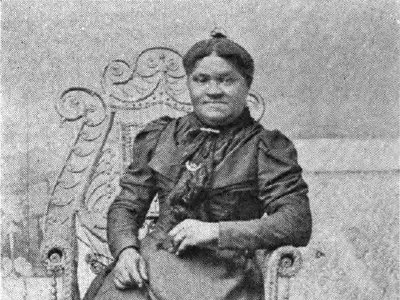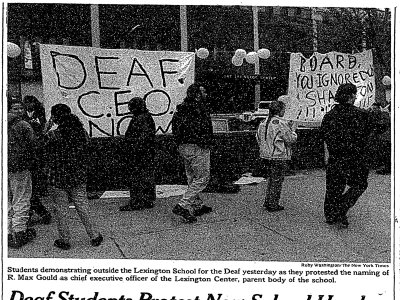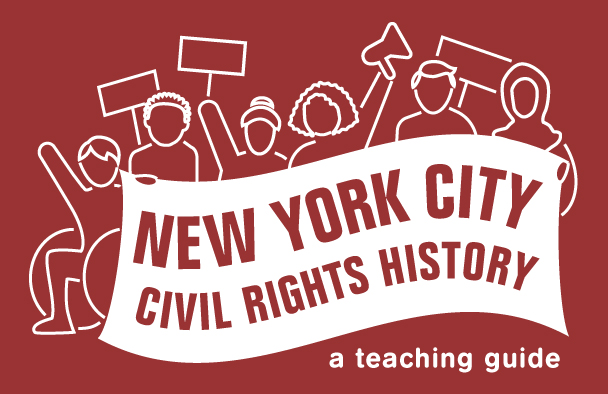Topics

Black and Latina Women’s Educational Activism
Explore Black and Latina women’s education advocacy in New York City from from the late 1800s to the present.
View primary sources
How did NYC Segregate its Schools?
Many policies, practices, and ideas are behind school segregation in New York City. Explore them here, with a special focus on one school in Brooklyn.
View primary sources
Joyful Struggle
When you imagine a movement or a protest, what do you see? These primary sources show joy, play, pride, and beauty in Black and Latinx communities and in Disabled people’s communities and help us think about how joy can be political.
View primary sources
Seeking Equity for Disabled Students
For Disabled children in New York City, exclusion and segregation have been common experiences, but people with disabilities, parents, and educators have pushed for change.
View primary sources

